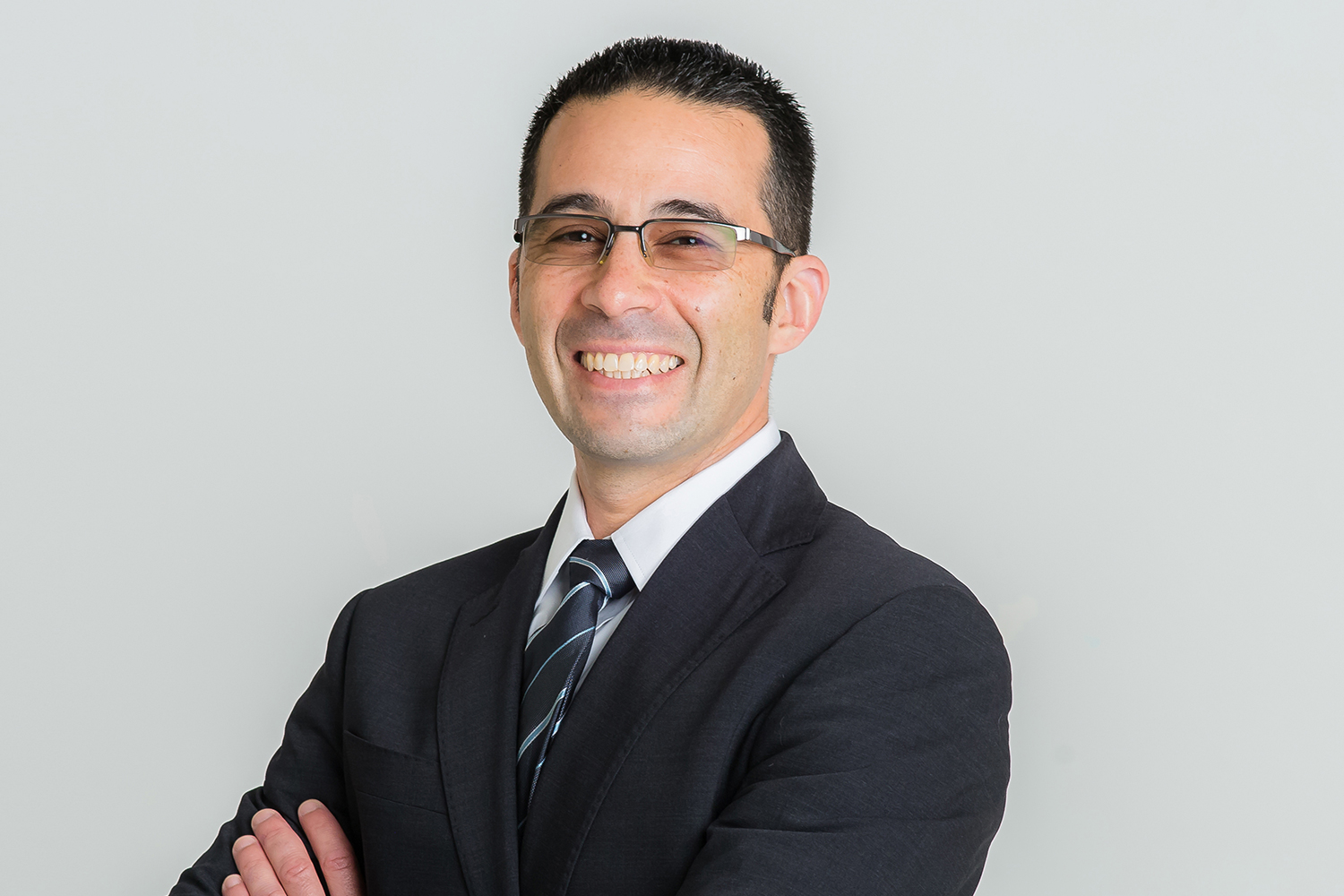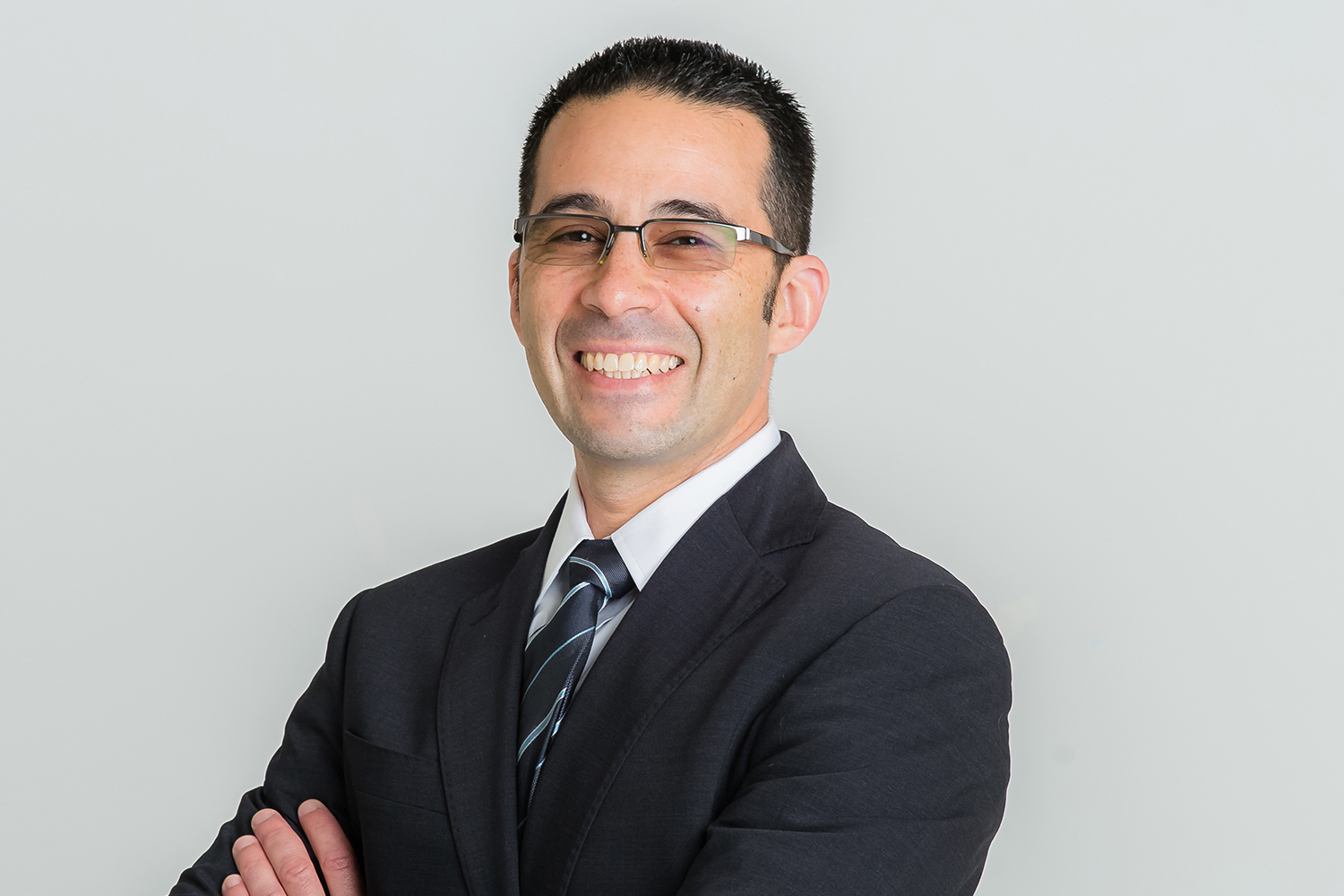
Bradley Kruger
Partner | Legal
Cayman Islands

Bradley Kruger
Partner
Cayman Islands
No Content Set
Exception:
Website.Models.ViewModels.Components.General.Banners.BannerComponentVm
The enactment of the Cayman Islands Foundation Companies Law, 2017 (the Law) was a welcome addition to the Cayman Islands legal landscape.
The Law introduced a brand new form of legal entity known as a "foundation company" that is a remarkably flexible vehicle that operates like an incorporated trust, allowing it to function like a civil-law foundation or common-law trust while retaining the separate legal personality and limited liability of a company.
The timing of the enactment of the Law was also fortuitous as it coincided with the popularisation of decentralised autonomous organisations (or DAOs), most of which utilise blockchain technology. As DAOs are launched with the ultimate goal of becoming fully decentralised and governed by the DAO's community, the foundation company vehicle helps the developers of DAOs (referred to herein as Developers) to achieve their goals. This article explains why.
The Need for Legal Personality
Developers are often reluctant to create a legal personality for the DAO. As the purpose of a DAO is to be a decentralised organisation that is governed by a community, the idea of centralising responsibilities or ownership rights into a legal person is seen as anathema to the core values of the project. Furthermore, the legal structures available in many jurisdictions require some person or group to act as the owner of the DAO. However, DAOs without legal personality run into problems. These include the inability of the DAO to:
(a) interact with third parties outside the DAO
(b) enter into contracts (particularly with digital asset exchanges)
(c) hold assets
(d) protect valuable intellectual property that may be imitated by other projects or DAOs, and
(e) carry out the wishes of the DAO where the community has voted for the DAO to undertake an action vis a vis third parties.
As a result, Developers can sometimes find themselves carrying out actions on behalf of the DAO and, consequently, be personally exposed to potential liability.
Foundation Company as a Solution
The solution to the problems above is for the DAO to establish a foundation company. Like a typical company, the foundation company has legal personality to enter into contracts and undertake actions with third parties. It is also managed by directors who carry on the business of the DAO. However, unlike a company, the foundation company can be structured without shareholders. In essence, it can be ownerless – just like the DAO it represents. In place of shareholders, the foundation company can be supervised by a supervisor (or even multiple supervisors if desired). A supervisor has no ownership or economic entitlement in the foundation company but simply acts as a steward, ensuring that the directors of the foundation company observe their obligations to the DAO pursuant to the foundation company's governing documents. Therefore, with no shareholders, all of the officers of a foundation company simply have the objectives of the DAO as their priority – similar to trustees and enforcers carrying out the objectives of a trust.
Flexibility is Key
As a further benefit, the Law provides the utmost flexibility to a foundation company when drafting the governing documents of a DAO. These governing documents comprise of the memorandum and articles of association (the M&A). With some limitations and restrictions, the M&A of a foundation company could include almost any form of governance structure so long as the foundation company is managed by at least one director, is supervised by at least one supervisor and has a secretary.
The director(s) and the supervisor(s) need not be natural persons (e.g. they could be corporate vehicles) and could even be the same person. The M&A could even mirror the governance structure of the DAO itself, with each user or node of the DAO entitled to one vote on any number and type of matters included as such in the M&A.
At the very least, the M&A could include provisions that require the director(s) and the supervisor(s) of a DAO to carry out the decisions of the DAO or could provide that the director(s) and/or the supervisor(s) be nominated by majority resolution passed by the DAO. The possibilities are truly endless and the foundation company's flexibility is a great advantage to any existing or future DAO.
Works like a Trust
DAOs often wish to hold assets for the benefit of the DAO community or issue tokens or distribute rewards to users. Once again, the foundation company is a perfect fit as it acts like a legal trust and has the power to designate beneficiaries. However, one particular benefit of the Law's concept of a beneficiary is that it will not be treated as a beneficiary under a legal or common law trust arrangement. This is because the starting position under the Law is that a designated beneficiary has no rights or powers as against the foundation company.
The Law therefore excludes the creation of any inadvertent common law trust rights and limits the beneficiary's rights to those expressly stated by the foundation company. This is particularly useful for DAOs which are then free to designate the users or the nodes of a DAO as beneficiaries but with limited rights.
Furthermore, a foundation company need not maintain a register of its beneficiaries under the Law. This means that a foundation company need not specify individuals as beneficiaries but can designate beneficiaries by class of persons (e.g. "tokenholders" or "node operators") and also reward those beneficiaries according to that class. Whilst anti-money laundering considerations are always a factor, this could be particularly useful for DAOs built on blockchain technology where the DAO intends to undertake distributions, airdrops of tokens or other rewards to the DAO community.
Tax and Economic Substance
As a DAO is decentralised and in theory has no fixed location, Developers are reluctant to incorporate the DAO into any particular jurisdiction as this may lead to unintended and unwanted tax consequences. However, as a tax neutral jurisdiction, the foundation company need not worry about taxes being levied against it in the Cayman Islands.
Furthermore, a foundation company limited by guarantee is specifically excluded from the economic substance regime of the Cayman Islands and therefore a DAO need not move staff, nodes or resources to the Cayman Islands to prove that it has substance here. This means that the DAO can be a truly global-focused project. It also means that it can hold the intellectual property of the DAO and even make profit from the intellectual property (or any other relevant activity under the substance regime) without creating substance in any particular jurisdiction.
Summary
A foundation company has legal personality, can act like a trust, is inherently flexible, can have a truly global location and, at least as a matter of Cayman Islands law, it is tax neutral. Without overstating the point, the Cayman Islands foundation company is the perfect fit for any DAO – or, in fact, any other decentralised project.
Ogier is a professional services firm with the knowledge and expertise to handle the most demanding and complex transactions and provide expert, efficient and cost-effective services to all our clients. We regularly win awards for the quality of our client service, our work and our people.
This client briefing has been prepared for clients and professional associates of Ogier. The information and expressions of opinion which it contains are not intended to be a comprehensive study or to provide legal advice and should not be treated as a substitute for specific advice concerning individual situations.
Regulatory information can be found under Legal Notice
Sign up to receive updates and newsletters from us.
Sign up
No Content Set
Exception:
Website.Models.ViewModels.Blocks.SiteBlocks.CookiePolicySiteBlockVm